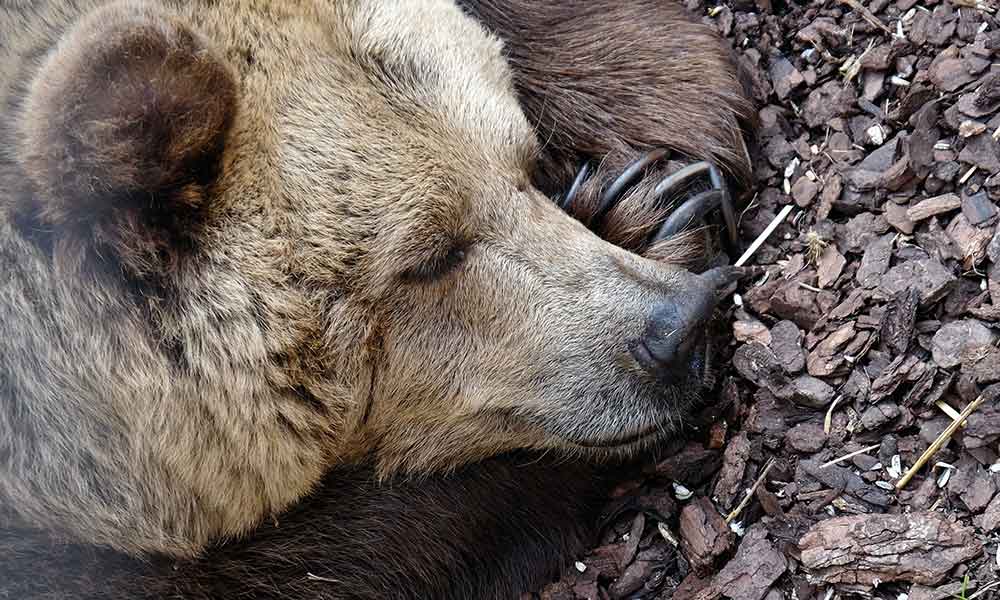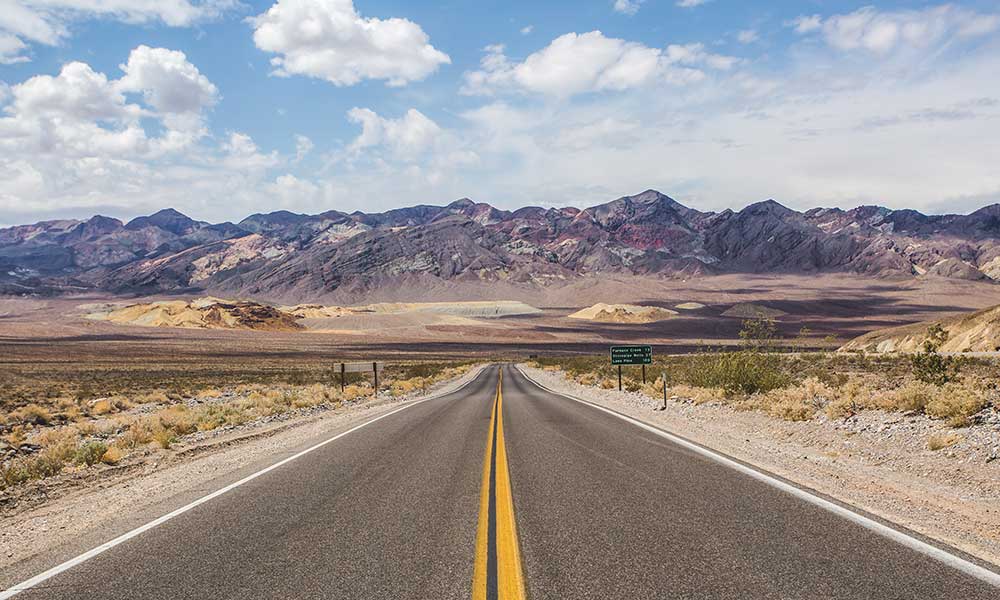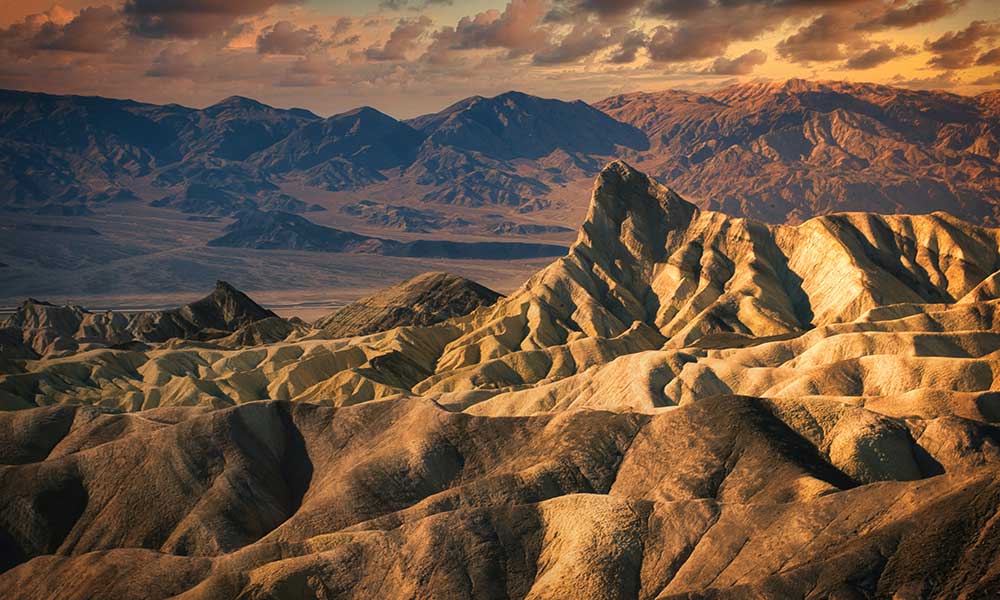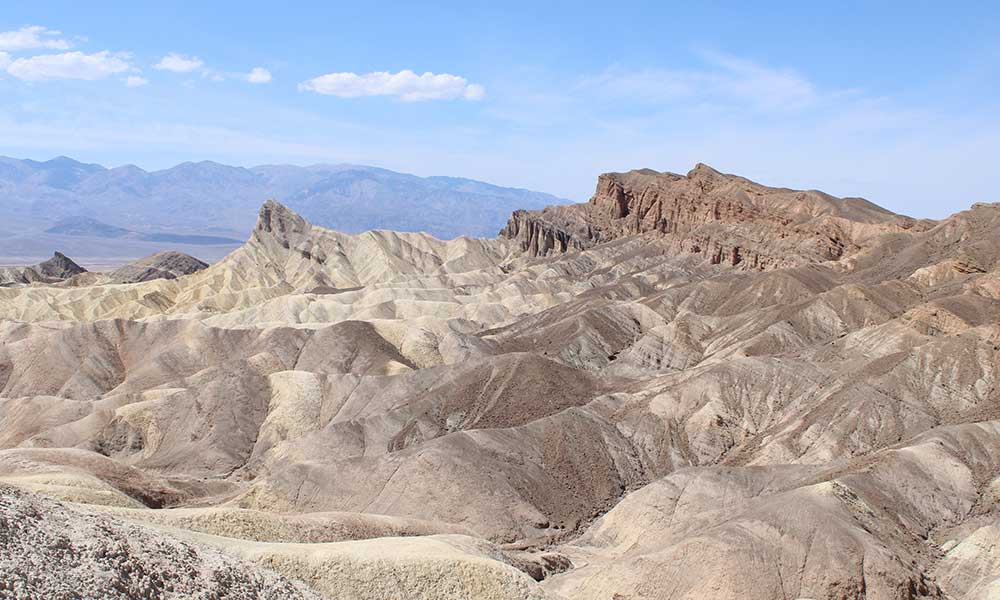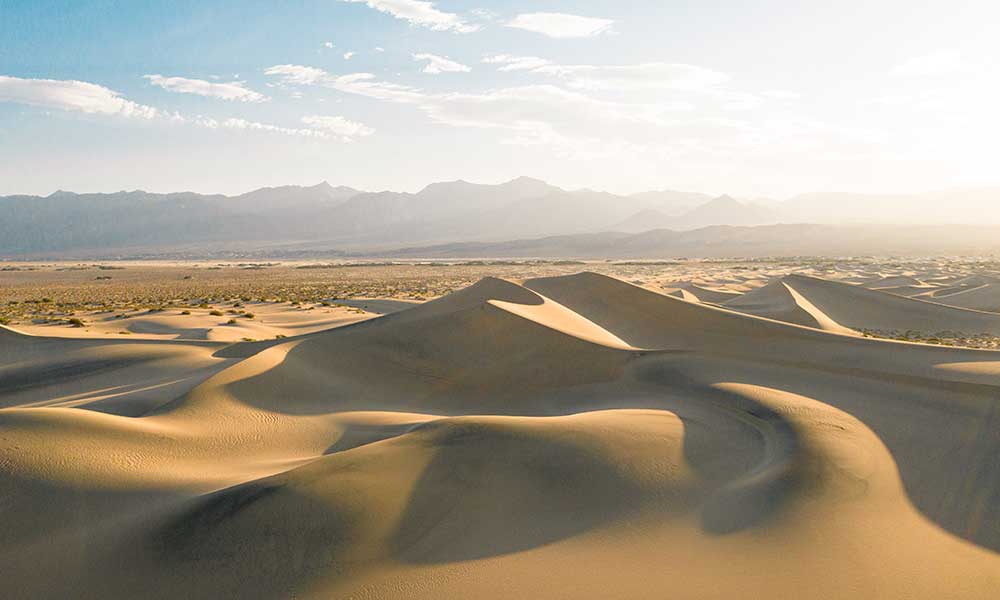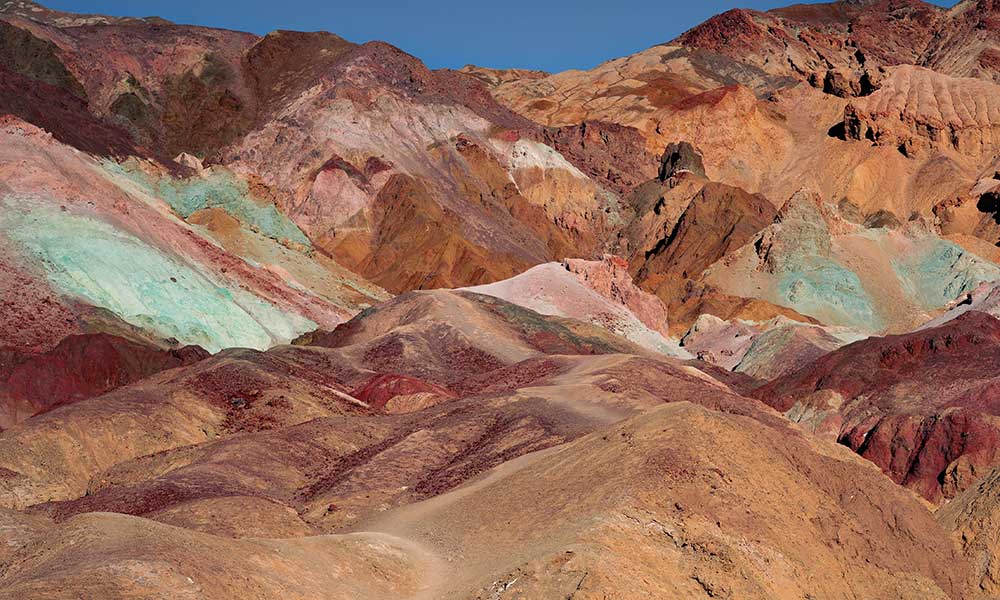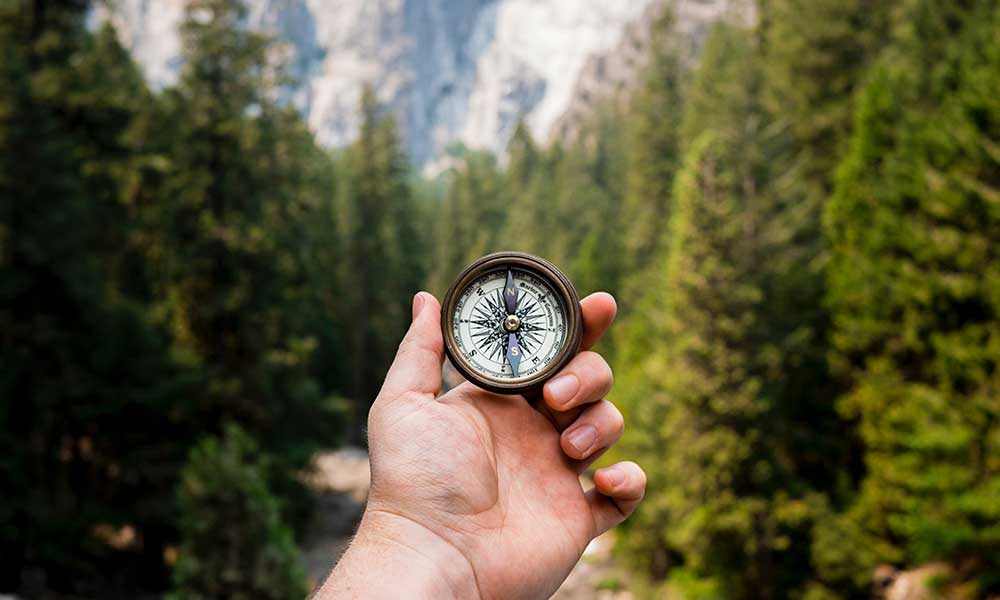Animals use hibernation as a way of conserving energy. It’s often something that they do in the winter months to deal with a scarce food supply and to burn body fat slowly.
But do bears hibernate and, if so, how long do they hibernate for?
Do Bears Hibernate?
When you think of hibernating animals, bears are probably the first ones that spring to mind. Ironically though, it’s debated whether or not bears actually hibernate.
Typically, an animal’s body temperature will drop during hibernation, but this isn’t true for bears. Animals also tend to wake very slowly from hibernation, as you would expect from an animal that has basically placed itself on a long-term standby. But again, bears don’t do this—they wake abruptly and are ready to go just as quickly as if they were sleeping.
That’s why many experts describe what bears do as “winter sleep” and not hibernation. Hibernation is still an accepted term, though, and it’s commonly used in reference to bears.
How Long Do Bears Hibernate?
Different species of bear hibernate for varying lengths of time.
Black bears hibernate for over 7 months. They go without eating, drinking, or defecating during this time.
Grizzly bears hibernate for between 5 and 7 months and Alaskan brown bears can hibernate for up to 8 months.
Do Polar Bears Hibernate?
Not all polar bears hibernate, but a pregnant polar bear will “den” to keep her cubs warm. This process is similar to the “hibernation” performed by other bears as the animal relies on its fat reserves to sustain itself.
What About Other Species of Bears?
We know that black bears and grizzly bears hibernate to get through the cold and scarce winter months, but what about bears in other parts of the world?
Sloth bears don’t hibernate or enter any kind of winter sleep, but they can sleep for up to 14 hours a day.
Sun bears don’t hibernate either, and that’s because they don’t need to, as they can find food throughout the year.
Panda bears also have easy access to food and do not hibernate like cold weather bears.
When Do Bears Hibernate?
Bears hibernate during the winter months in most parts of the world. They typically begin hibernating during late November.
What Do Bears Do in Hibernation?
Bears often give birth in February when they are hibernating. The idea that mother bears give birth in their sleep and then wake to see their cubs is a myth. As noted previously, bears don’t slip into full hibernation, and so they wake to give birth and care for their young.
Grizzly bear cubs emerge from hibernation weighing just a few pounds, but they grow rapidly in the proceeding weeks and months.
Bears don’t eat, drink, defecate, or urinate during their winter sleep. Instead, they rely on a layer of fat to keep them alive. They build this fat during the spring and summer and their body uses it during the winter.
Are Bears Changing Their Habits?
Bears rely on seasonal changes to know when it’s time to hibernate, and as the world gets hotter, they seem to be changing their habits to adapt.
Researchers have recorded incidents of bears emerging from hibernation up to 10 days earlier than they usually would due to rising spring temperatures.
This might not seem like a big problem, but it means that young cubs are leaving the safety of their dens earlier than they should and this could impact their development.
Do Bears Wake Up At All During Hibernation?
Bears are not sleeping when they hibernate. They are just expending very little energy and not eating or drinking. They do wake up and may also move around the den.
Bears can also wake up if they sense a threat. They have even been known to leave their dens if they become damaged.
When Do Bears Emerge From Hibernation?
Bears usually emerge from their hibernation around mid-March, but it depends on the species and location.
In Yellowstone National Park, for instance, male grizzly bears emerge in the middle of March while females appear 4 to 6 weeks later with their newborn cubs.
What Happens if You Wake Up a Bear During Hibernation?
Not only can a bear wake up if it senses a threat, but it can also attack, so you should be very careful around hibernating bears.
This rapid awakening is down to the fact that a bear’s body temperature doesn’t plummet and it’s not in the sort of deep sleep that people picture when they think of bear hibernation.
How Do Bears Not Poop During Hibernation?
It was once believed that bears created a natural plug in their intestines and that this plug prevented them from defecating while hibernating.
This belief stemmed from the discovery of masses found inside bear intestines, ones believed to be formed from hair, plants, and other indigestible materials.
These days, it’s believed that bears continue to create intestinal secretions while hibernating. They don’t eat, but their body continues to shed cells, and so it still creates poop. All of this fecal matter makes its way to the lower part of their intestine, and that’s where it remains for the next few months.
Their body recycles the nutrients and fluid in the poop, making it hard and dry. Once bears emerge from hibernation, they defecate to clear this plug and then start preparing for the warmer months ahead.
The reason that these plugs contain so much hair is that bears spend a lot of time grooming themselves, and that hair inevitably gets consumed and passes through the digestive tract.
What Other Animals Hibernate?
Groundhogs hibernate, and they do so in a more traditional way, with their body temperature dropping from around 99 degrees Fahrenheit to just 33 degrees and their heart rate dropping to just 5 beats per minute.
Ground squirrels and some bat species also hibernate. There are also other creatures that enter a type of winter sleep similar to what we see in bears, including opossums, skunks, and raccoons.

